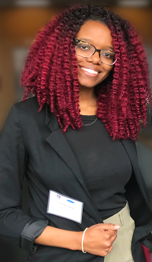“Each person has something that they uniquely want to do, and as a mentor, you have to help uncover that,” says Angela Wandinger-Ness, Ph.D., the Victor and Ruby Hansen Surface Endowed Professor in Cancer Cell Biology and Clinical Translation in the department of pathology at the University of New Mexico (UNM) School of Medicine. “You have to put opportunities in front of them. You see what excites them, and then you steer them.” Dr. Wandinger-Ness is among this year’s honorees of the Presidential Award for Excellence in Science, Mathematics and Engineering Mentoring (PAESMEM).
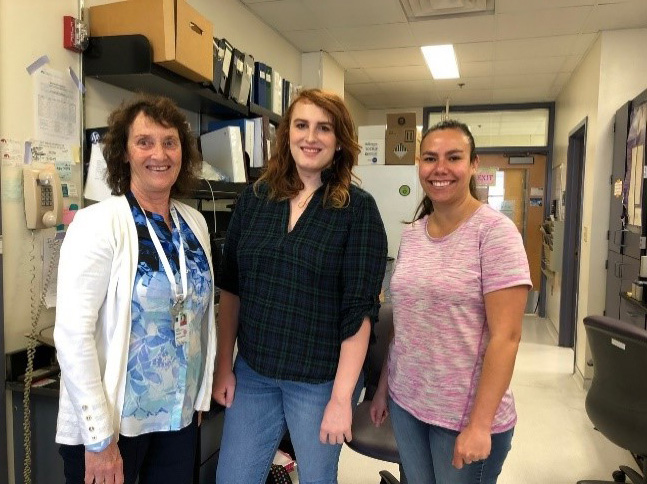 Dr. Wandinger-Ness (left) with former undergraduate trainee Amber Rauch (center) and current Ph.D. trainee Melanie Rivera. Credit: Angela Wandinger-Ness, Ph.D.
Dr. Wandinger-Ness (left) with former undergraduate trainee Amber Rauch (center) and current Ph.D. trainee Melanie Rivera. Credit: Angela Wandinger-Ness, Ph.D.
The PAESMEM was established by the White House in 1995. This year, recipients were honored during a virtual awards ceremony. Each awardee received a grant from the National Science Foundation, which manages the PAESMEM on behalf of the White House Office of Science and Technology Policy.
Continue reading “Decades of Dedication: Angela Wandinger-Ness Recognized for Outstanding Mentoring”

 Credit: Murray Foubister.
Credit: Murray Foubister. 
 Neha John-Henderson, Ph.D., Montana State University. Credit: Kelly Gotham.
Neha John-Henderson, Ph.D., Montana State University. Credit: Kelly Gotham.
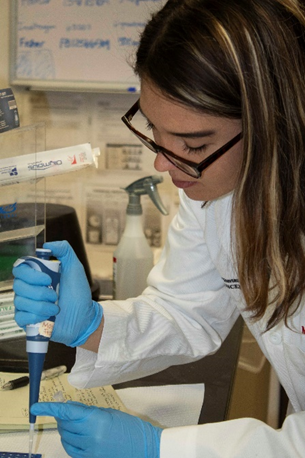 Scientific research requires many resources, which all require funding.
Scientific research requires many resources, which all require funding.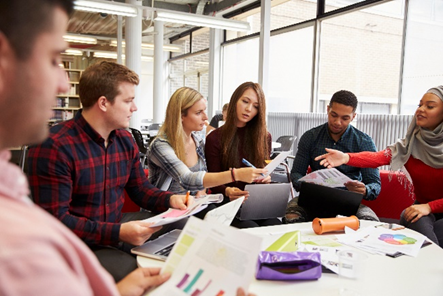 Credit: iStock.
Credit: iStock.
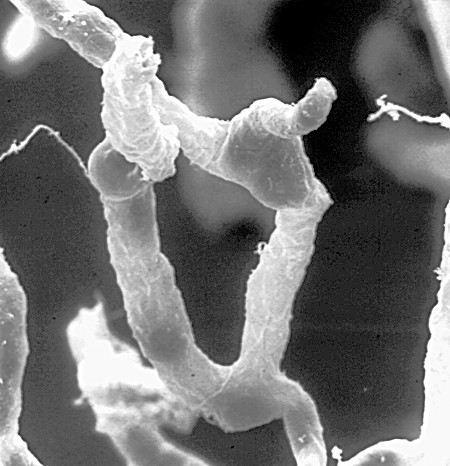 A network of capillaries supplies brain cells with nutrients. Tight seals in their walls keep blood toxins—and many beneficial drugs—out of the brain. Credit: Dan Ferber, PLOS Biol 2007 Jun; (5)6:E169.
A network of capillaries supplies brain cells with nutrients. Tight seals in their walls keep blood toxins—and many beneficial drugs—out of the brain. Credit: Dan Ferber, PLOS Biol 2007 Jun; (5)6:E169. 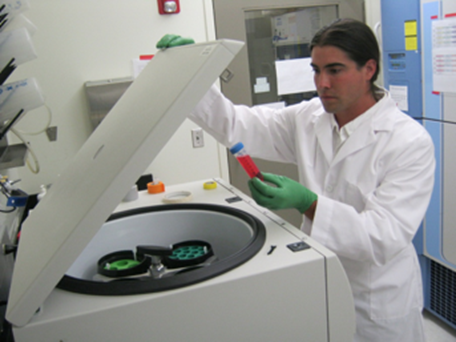 Joshua Marceau at Salish Kootenai College, where he gained research experience as an undergraduate. Credit: Joshua Marceau.
Joshua Marceau at Salish Kootenai College, where he gained research experience as an undergraduate. Credit: Joshua Marceau. Credit: Michele Vaughan.
Credit: Michele Vaughan.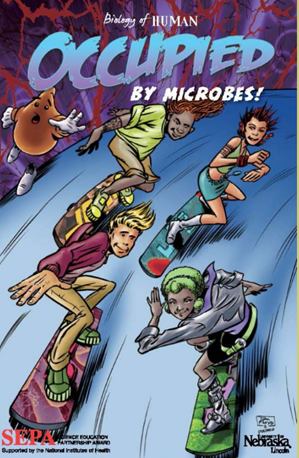 Credit: University of Nebraska, Lincoln.
Credit: University of Nebraska, Lincoln.